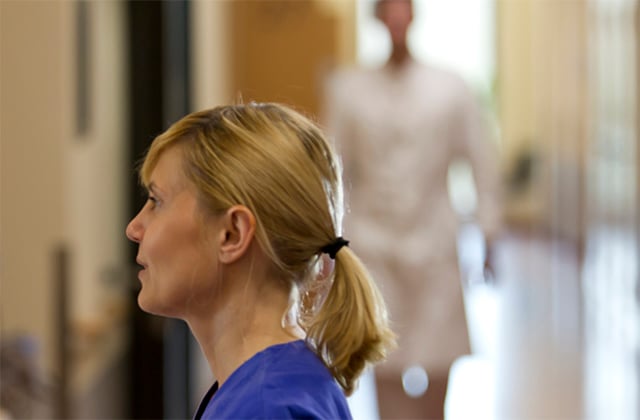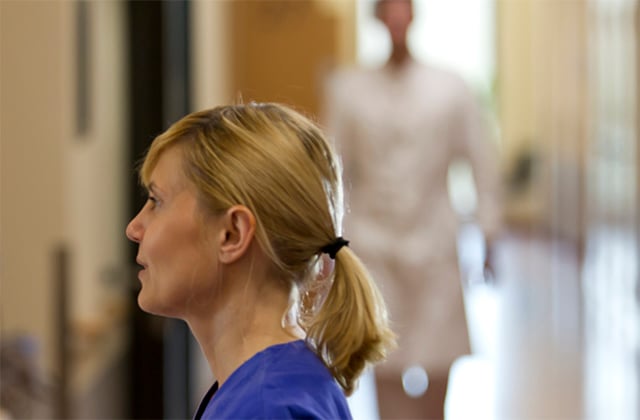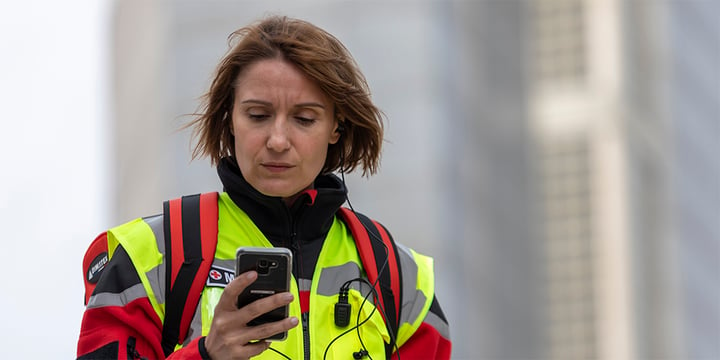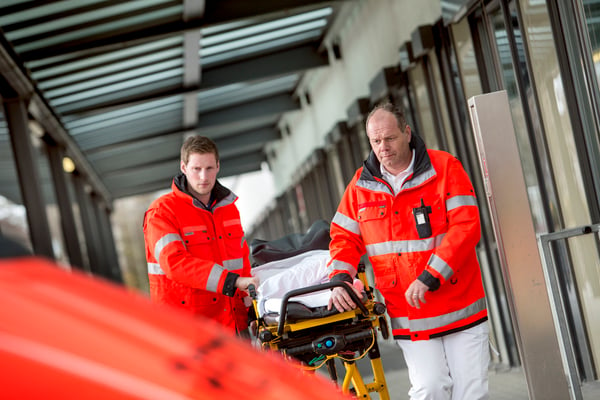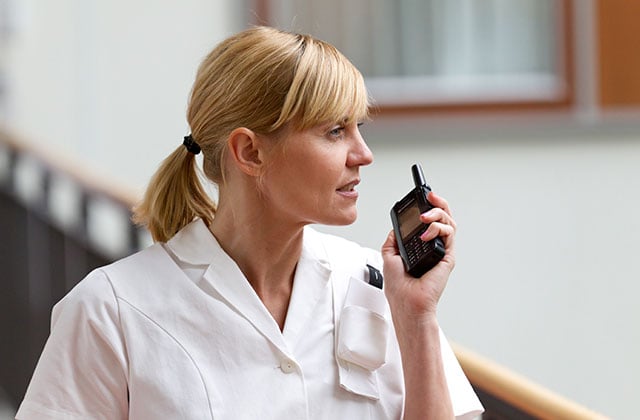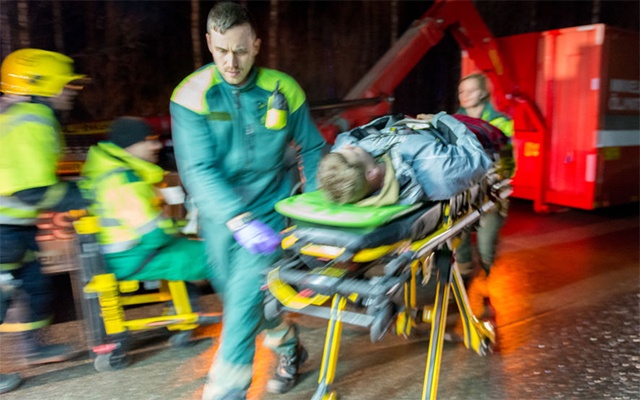If caring for desperately sick or injured people is not mission critical, then I don’t know what is. Nothing is more important than saving lives. When every second counts, healthcare professionals need quick, reliable communications. And there are 5 great reasons that medical teams should adopt group communications.
Categories
Show categories »
One surprising way for medical teams to increase productivity »
There are three common situations where one surprising thing can really make a difference for medical teams and healthcare professionals. This one thing can save time, increase productivity and help improve the quality of care. How is this possible…and what is it?
24 Jul 2020
by Jouni Kemppainen
| 7 min read
Comms for medical teams
Effective communication boosts preparedness in healthcare and hospitals »
During challenging times, secure and reliable communications in healthcare can improve operational efficiency and response times significantly. However, all the procedures must be planned beforehand in order to be ready to apply them immediately when needed.
19 Mar 2020
by Jouni Kemppainen
| 6 min read
Critical communications,
TETRA radios,
Comms for medical teams
How to fix 4 common problems for medical teams »
All medical professionals face the same problem – constantly up against the clock while trying to save lives. This involves plenty of teamwork, particularly in trauma teams and emergency surgery. Delaying an extra second could mean someone’s life, so it’s vital that team members work together seamlessly. But even the most efficient teams need a little help.Professional radio communications can...
2 Jun 2017
by Jouni Kemppainen
| 6 min read
Critical communications,
TETRA radios,
Comms for medical teams
A professional application that could save your life »
At a major accident, casualties need to be treated as soon as possible. But what if there are more injured people than ambulances to carry them? The solution is effective triage – deciding who needs to get to hospital immediately and who can be treated later or at the scene. Today it’s done manually using coloured paper labels – but there is a better way.
28 Oct 2016
by Jouni Kemppainen
| 3 min read
Critical communications,
TETRA radios,
Comms for medical teams

